Texas Governor Greg Abbott’s ambitious initiative to bus migrants out of state, funded by private donations, has not met its financial expectations. Initially, Abbott claimed the program would not burden the state financially due to substantial support from citizens nationwide.
However, the program has collected roughly 1% of its roughly $150 million expenses. The largest expected donation of $900,000 never reached the state’s coffers, raising questions about the viability and funding of this initiative. The shortfall highlights the challenges in relying on private donations for public programs.
The Mystery of the Missing Donation
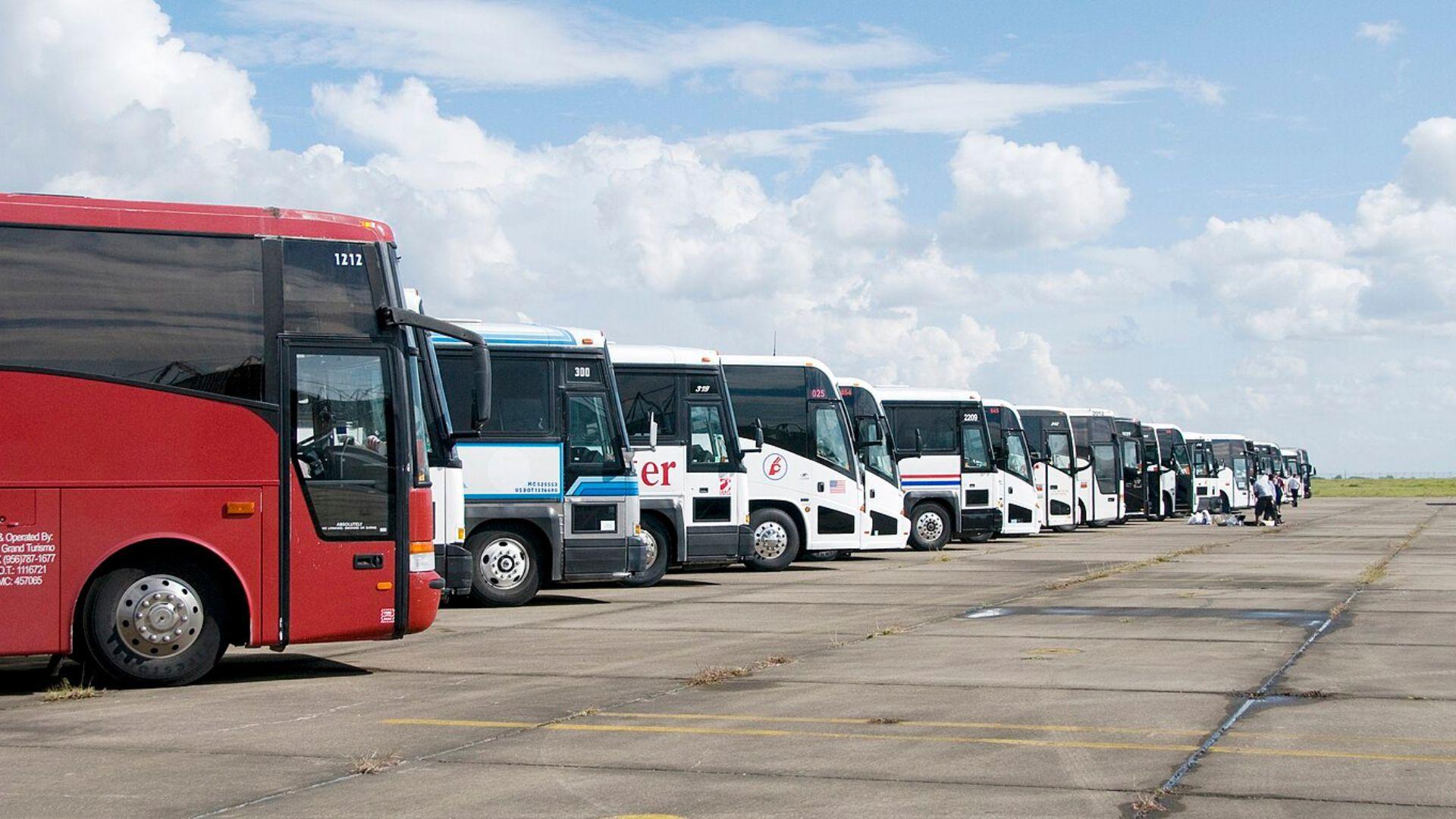
An in-depth review of state records by CNN revealed that the anticipated $900,000 donation was either a mistake or a prank, as it was never deposited into the state’s account.
Despite an initial surge in reported donations, the actual amount raised to date stands at around $550,000, far below the program’s operating costs. This discrepancy has sparked scrutiny over the program’s financial management and transparency.
Donations Versus Actual Costs
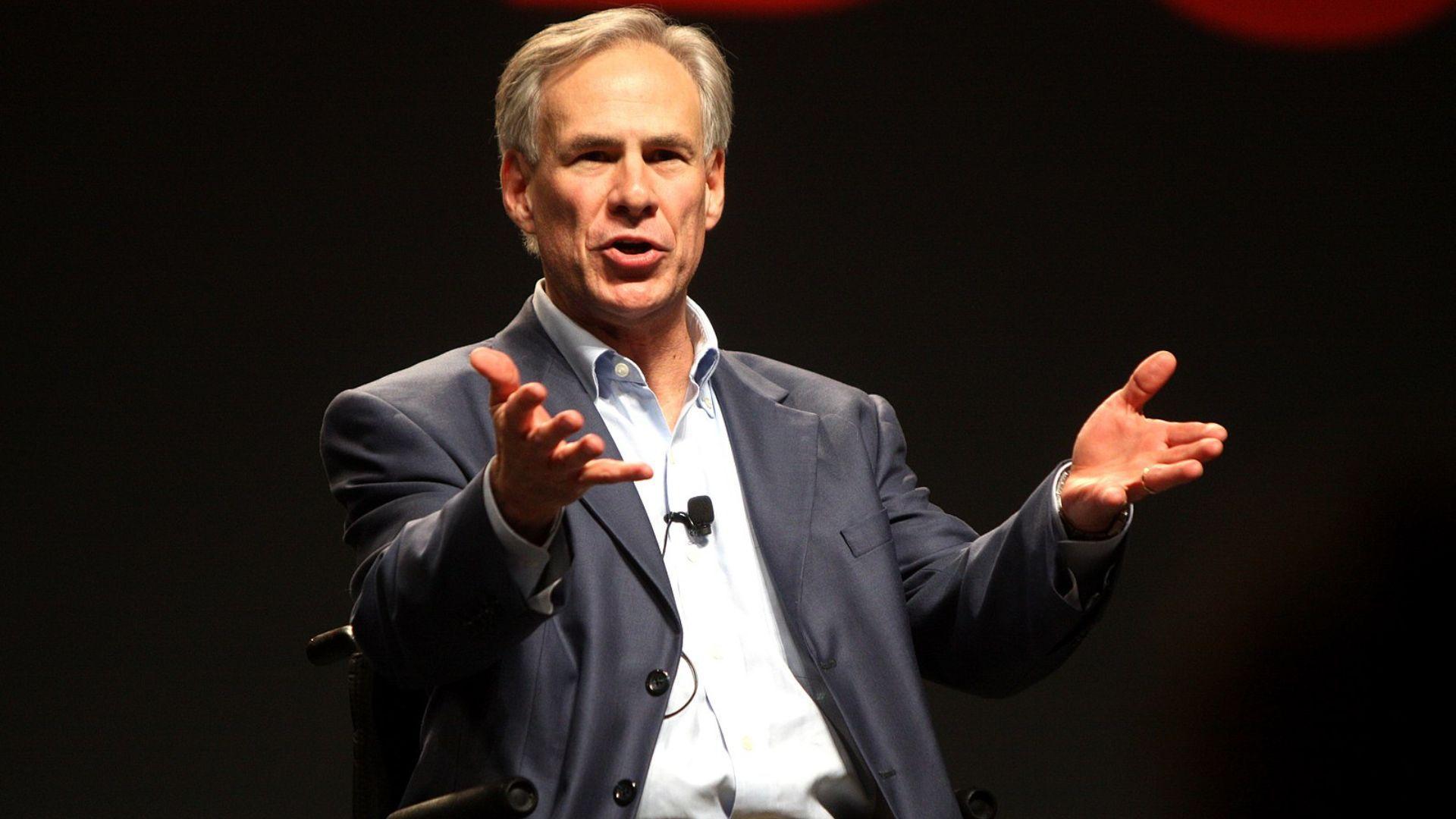
Despite Governor Abbott’s optimistic projections, the reality of funding the migrant busing program through private donations has proven challenging.
With expenditures nearing $150 million and donations covering less than half of 1%, Texas taxpayers have largely shouldered the financial burden. The program’s cost-effectiveness and sustainability are now under review, as the state grapples with the implications of this significant financial gap.
Public Response and Scrutiny
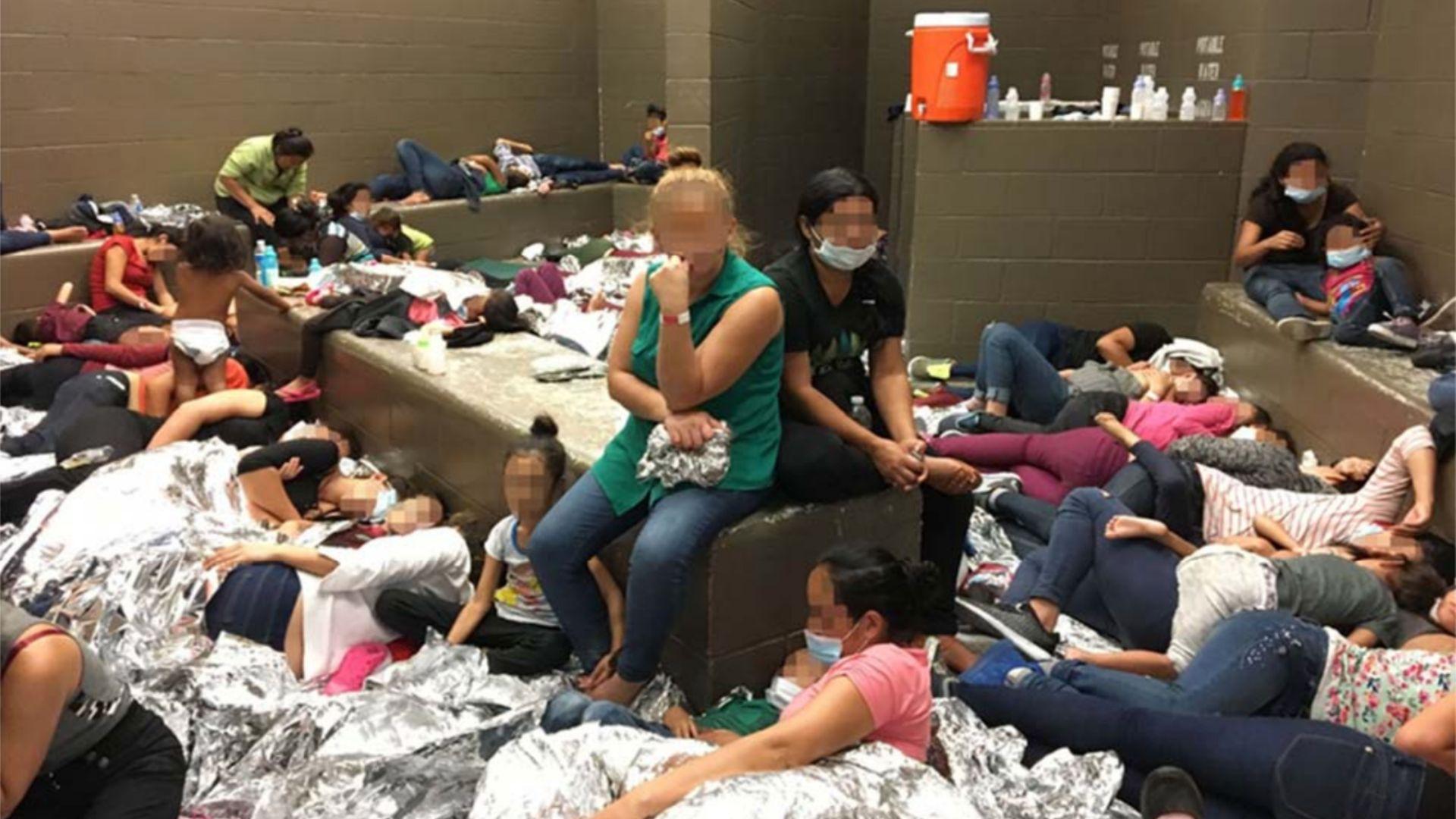
The migrant busing program, aimed at transporting migrants to sanctuary cities, has faced criticism from immigration advocates and city mayors.
Described as dangerous and inhumane, the initiative has struggled with operational and ethical concerns. Incidents involving the health and safety of migrants on these buses, including the death of a 3-year-old girl and hospitalization of a 10-year-old, have intensified public and political scrutiny.
Immigration Policy and Election Politics
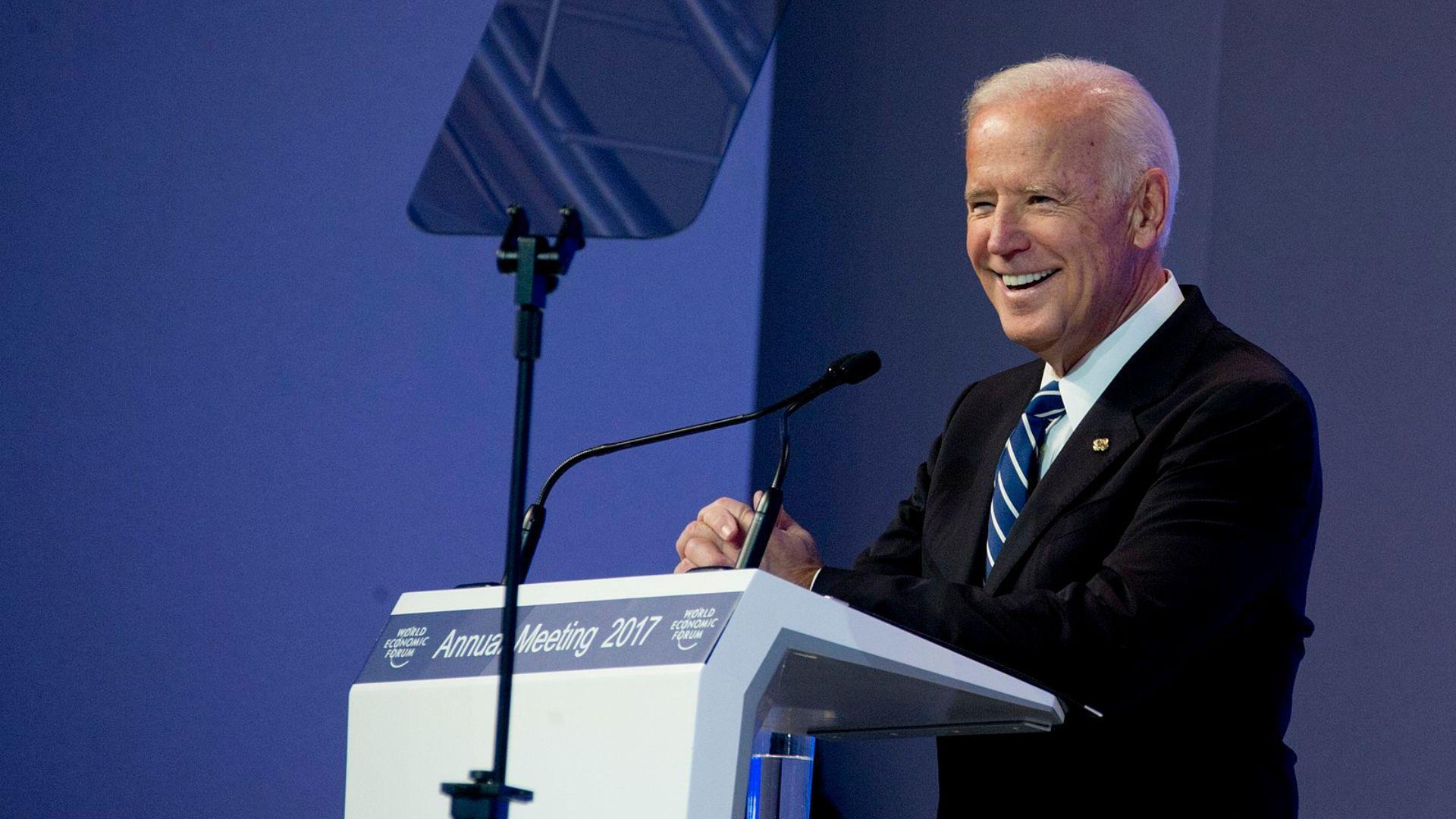
The debate over immigration policies has intensified as the presidential election approaches. Critics of President Joe Biden accuse him of failing to adequately manage border crossings, while others argue that his policies have made legal asylum seeking overly difficult.
This political backdrop has amplified the discussion around Texas’ migrant busing program, highlighting the complex interplay between state actions and federal policies.
Support Amidst Financial Shortcomings
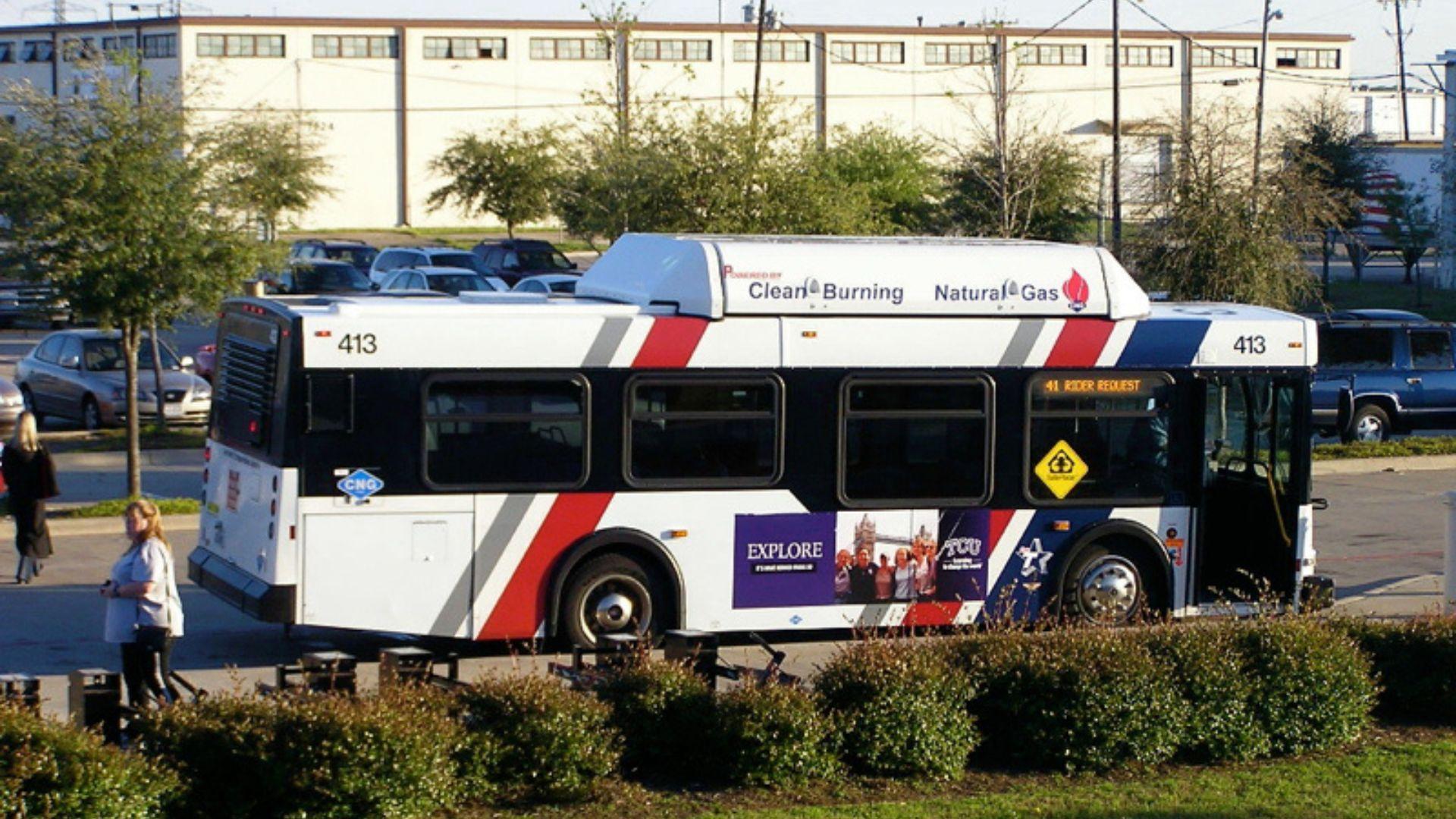
Despite financial challenges, some individuals and entities have shown support for the migrant busing program.
Notably, Wyoming megadonor Timothy Mellon contributed $50,000, although this amount is significantly less than his donations to other state initiatives.
A National Issue With Local Impacts
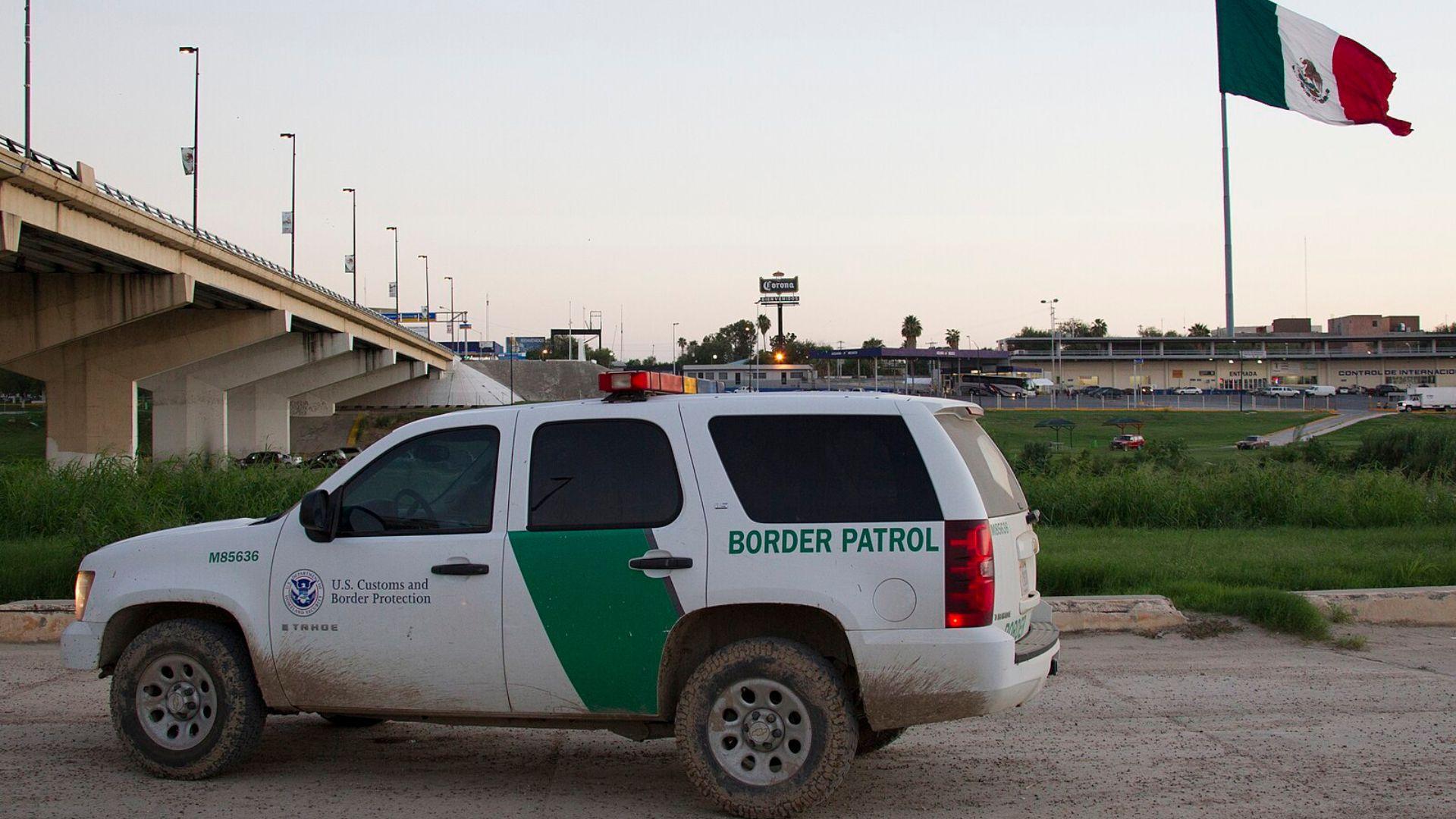
Donors from both within and outside Texas have contributed to the busing program, indicating a perception of immigration as a national issue.
Statements from donors express a sense of shared responsibility and concern for border states like Texas.
Migrants’ Perspectives and Experiences
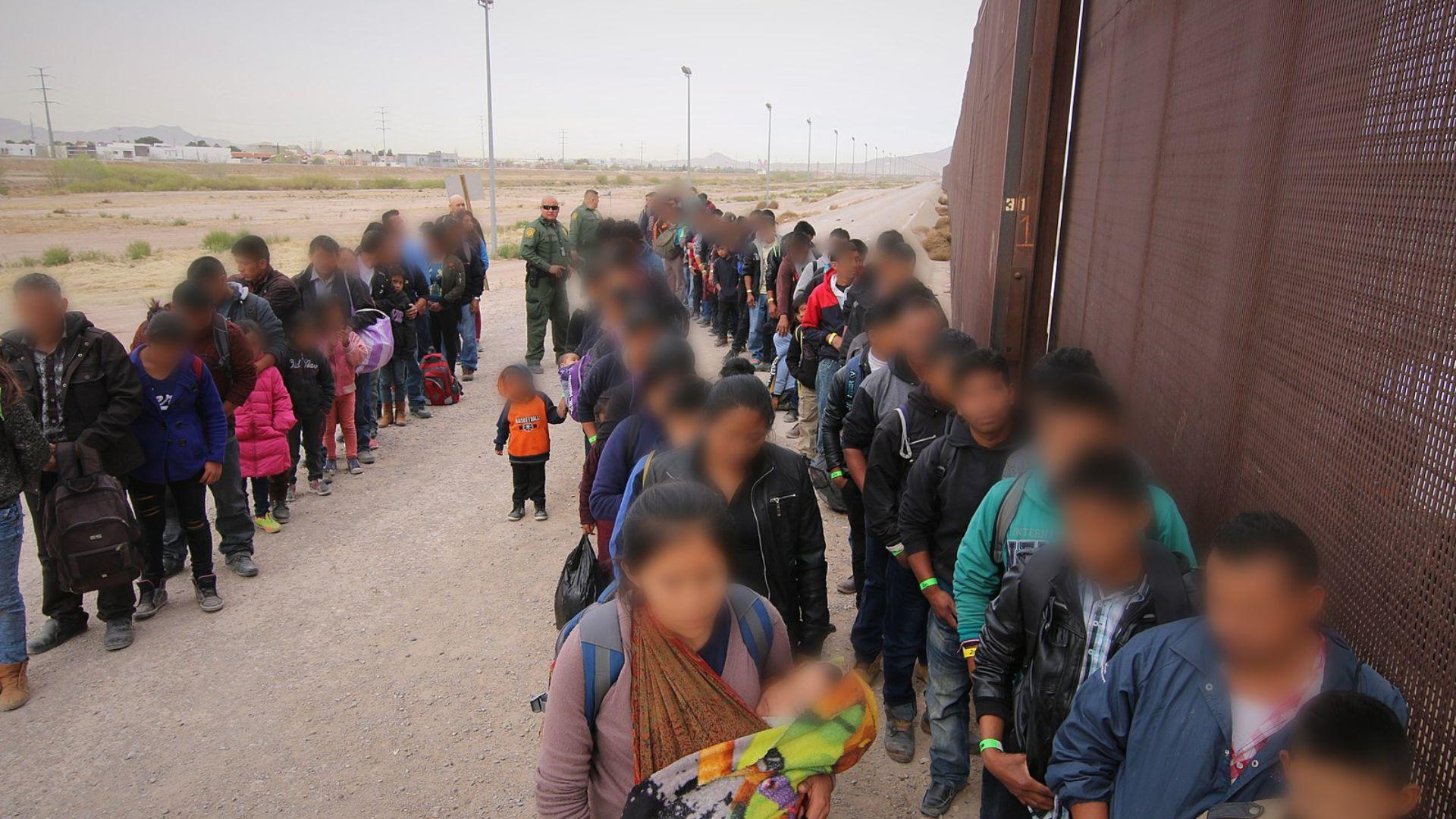
For migrants like J, a Venezuelan who arrived in the U.S. via the Texas busing program, the initiative represented a chance for a new beginning.
Despite the dangers of his journey, including crossing the Darién Gap, J. found opportunity and hope in Washington, D.C. His story reflects the human element of immigration debates, emphasizing the personal impact of policy decisions.
The Financial Burden of Texas’ Initiative
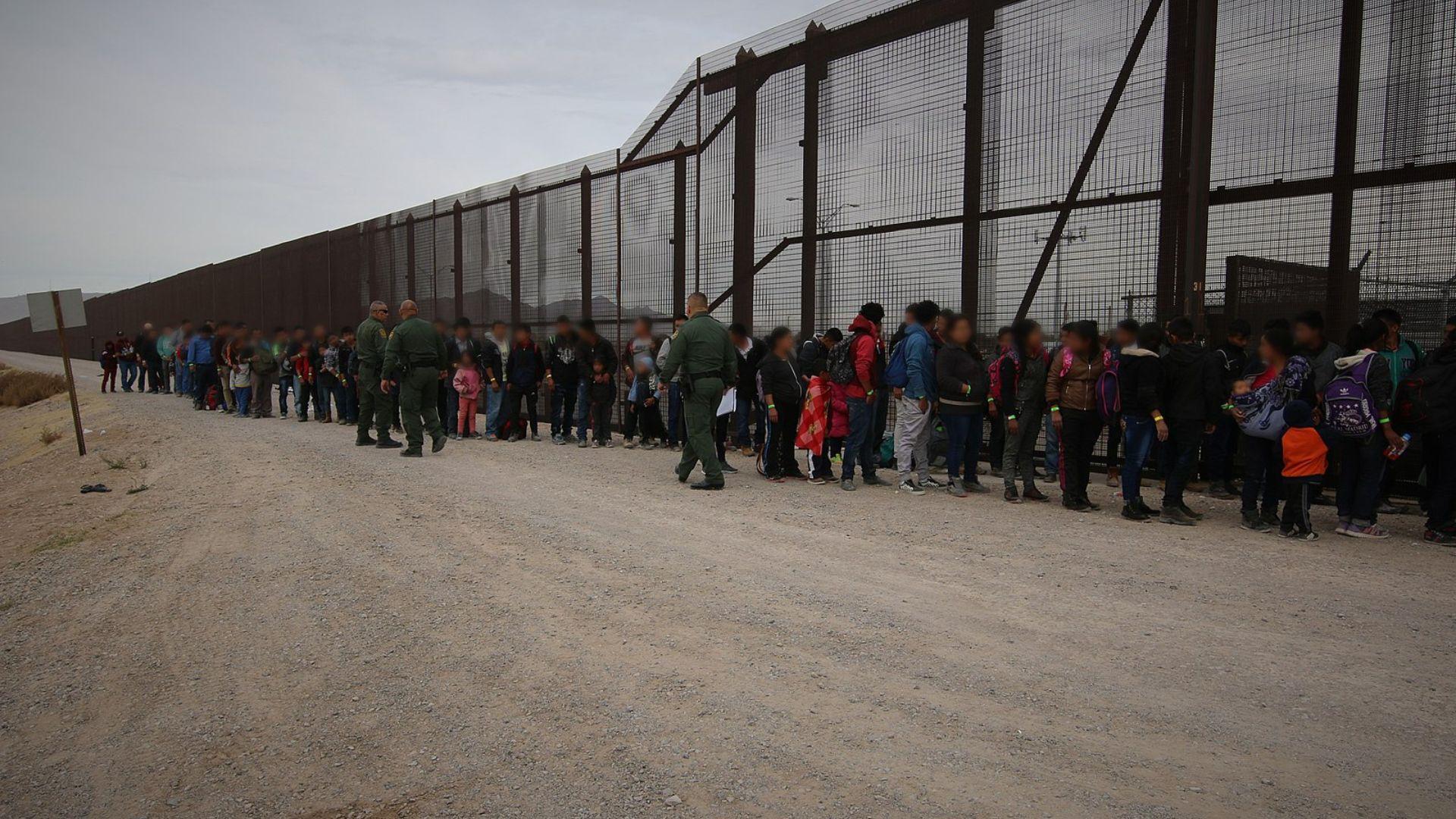
To date, Texas has spent roughly $150 million on the migrant busing program, with costs continuing to rise.
Economic analysts, like Ray Perryman of The Perryman Group, have voiced concerns saying, “These dollars… are not a huge percentage of the overall budget so it’s certainly something that could be done, I think the question is, ‘Should it be done?'”
Varied Reactions to the Busing Program
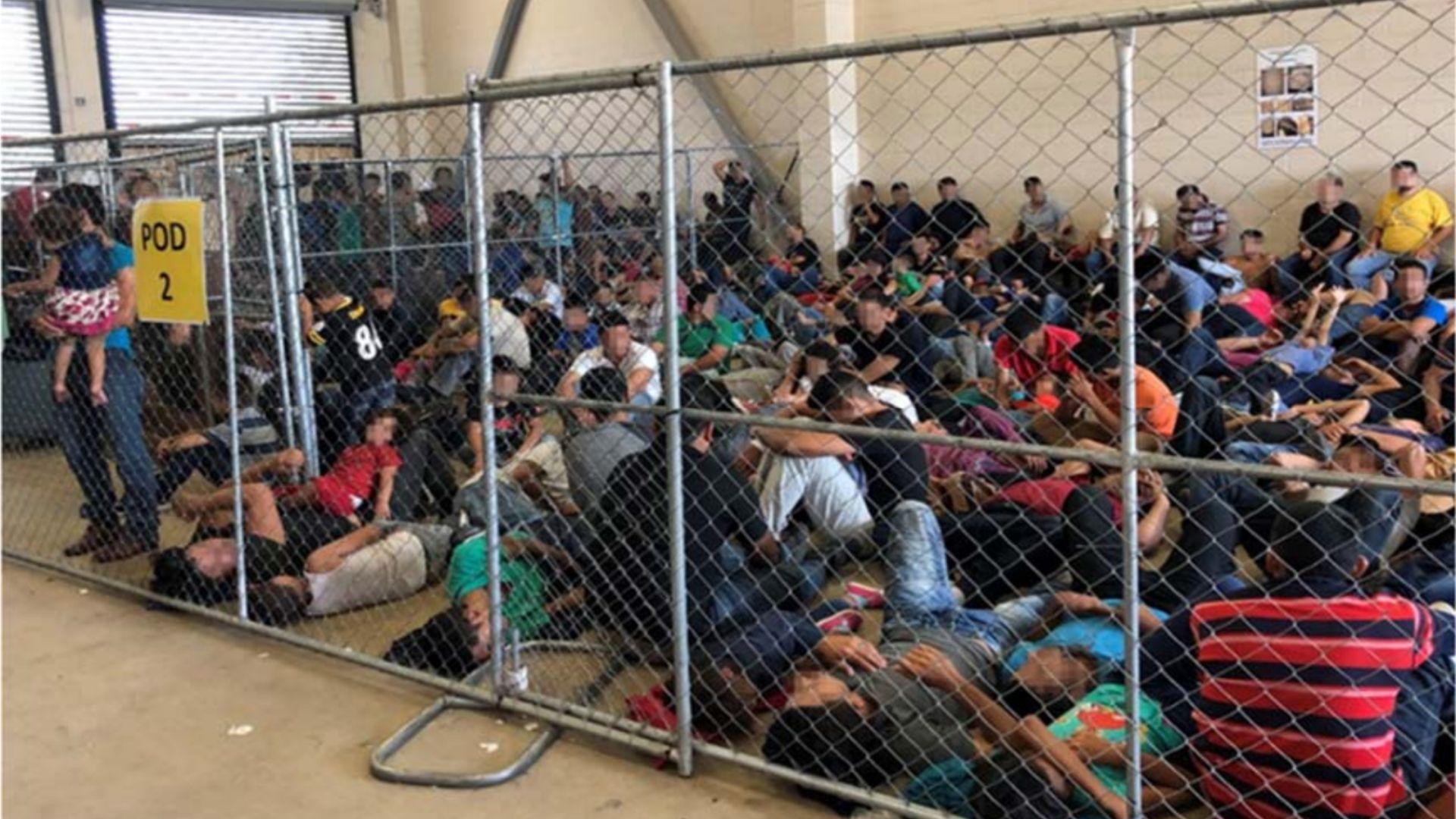
The busing program has elicited a range of responses, from support for its potential to raise awareness of border challenges to criticism of its humanitarian implications.
Texas state representative David Spiller, defended the program saying, “A lot of people were very critical of Gov. Abbott when he initiated that but we knew here in Texas that that was a very good approach because, if nothing else, [it helps] to raise awareness to the rest of the country of what we happen to deal with here on a regular basis.”
The Evolving Nature of Texas’ Busing Program
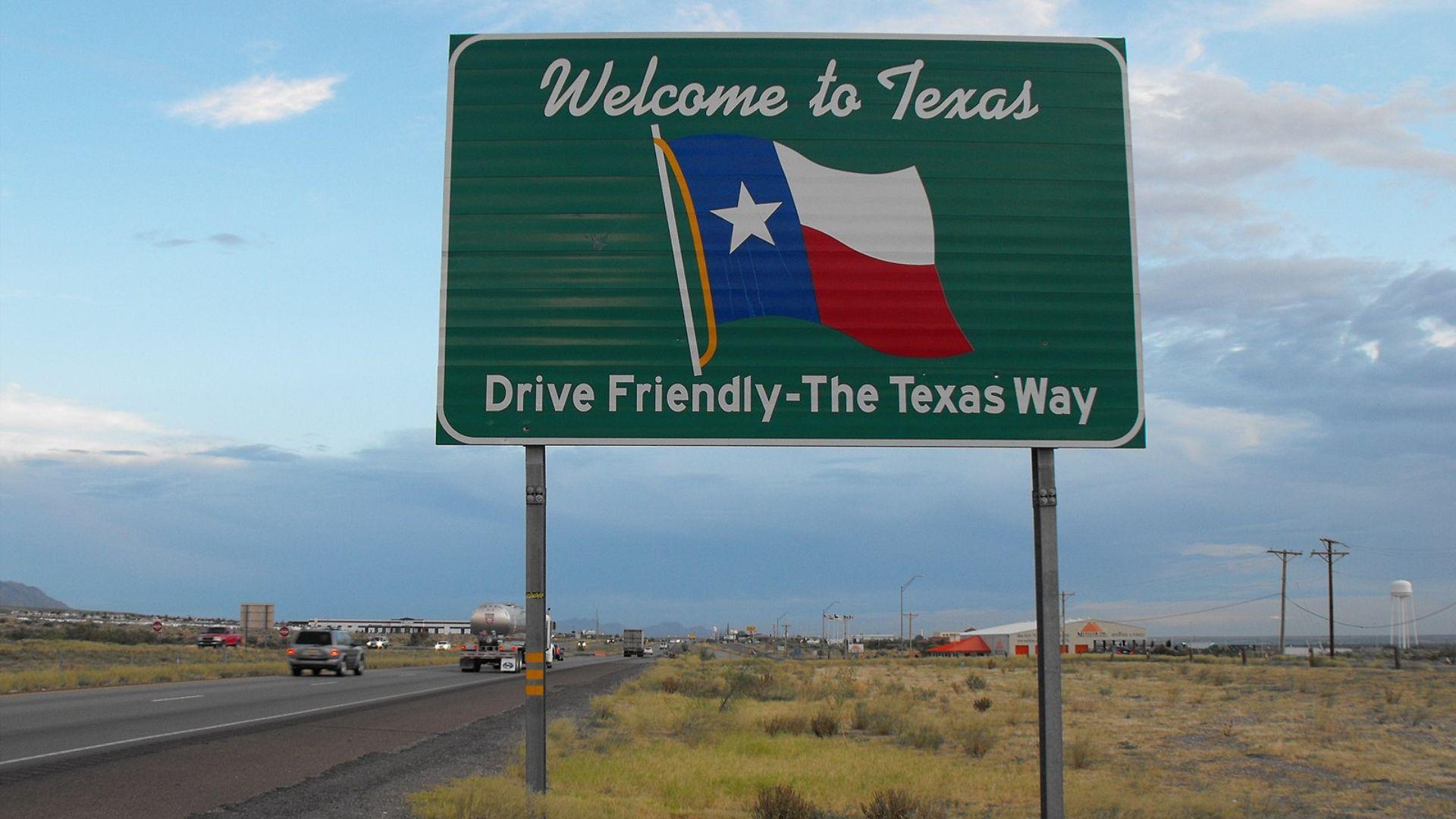
Initially, Texas’ busing program was seen as a beneficial service for migrants, facilitating their free and safe passage to larger cities where they could access resources and support. Tiffany Burrow, the operations director for a humanitarian organization, described the program as a positive option that “benefited the migrants that were coming through.”
However, the dynamics of the program changed significantly over time. The state ceased to honor key agreements, including restrictions on drop-off times and communication with assistance organizations about the buses’ arrival times. These changes, according to Burrow, compromised the safety and well-being of the migrants, leading her organization to discontinue its partnership with the state. Burrow reflected on these developments, suggesting that “it’s entirely possible that state buses have run their course.”
The Future of Migrant Transportation Programs
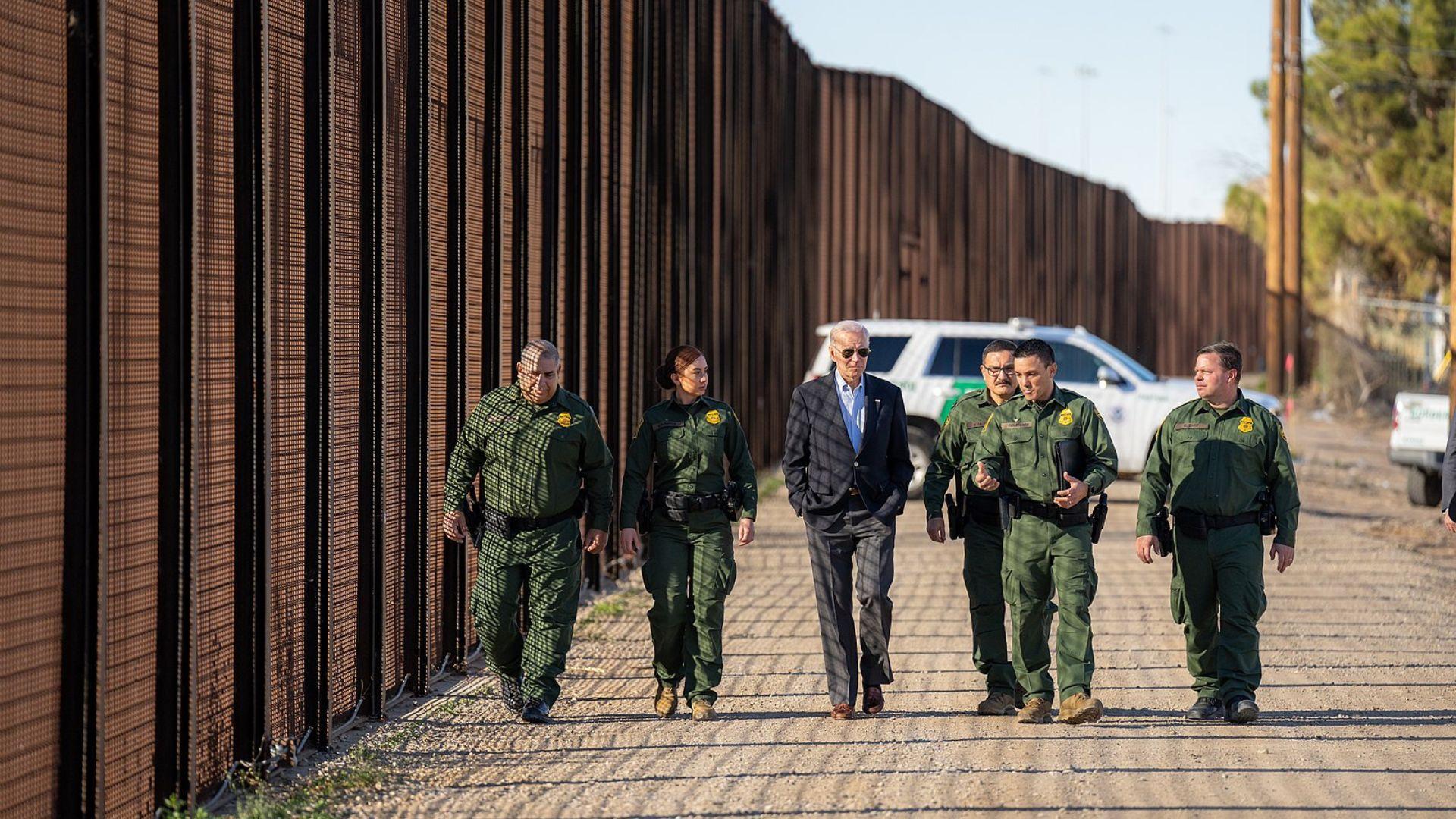
Governor Abbott has indicated a commitment to continuing the busing program, with other states initiating similar efforts.
These actions have contributed to a national dialogue on immigration, state responsibility, and the federal government’s role.
